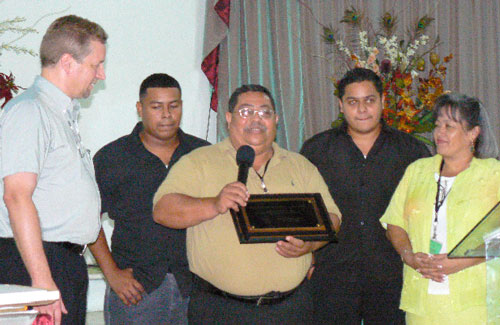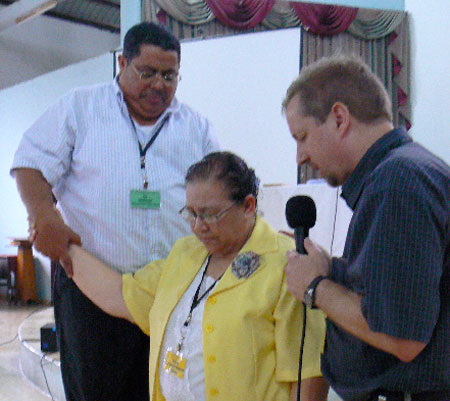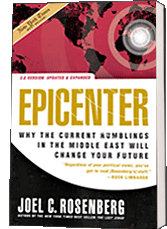23 Feb Sierra Leone: Conference Business
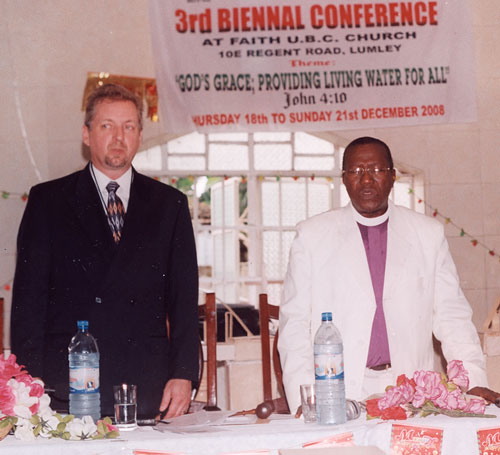
After visiting at the Mattru Hospital, Billy Simbo and I returned to Freetown for the annual conference at the Lumley United Brethren church. The conference stretched over a period of four days–a lot longer than any conferences here in the United States, but a meaningful time.
I gave a keynote address on the first day, and then representatives from various denominations and organizations spoke, each taking 20 minutes to extol the virtues of the United Brethren denomination, of Billy Simbo, of the work being done, etc. But on Day Two, they got down to business.
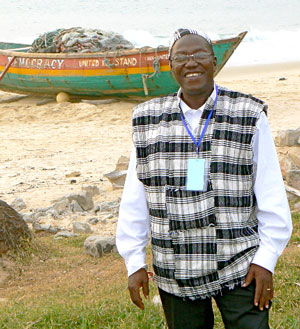
Billy Simbo (right) spearheaded proposals to make major changes in their bylaws, structure, and other areas. The delegates asked a lot of questions, and there was much discussion, with disagreements here and there. But when it came time to vote, it was always unanimous. That really impressed me.
I wanted to understand what was actually happening. Were people on board with these changes? Just going along?
During breaks, people would ask me, “How do you like the conference?”
“Well, this is my first one,” I would say. “How do you think it’s going?”
And then they would tell me, “This is the best conference we’ve had for as long as I can remember.” They would remark about the great sense of unity, the clear leadership, the desire to work together, and the shared passion to accomplish the vision set before them. It was very good to hear.
I could tell Billy Simbo had a lot of concerns going in, because of the major changes being proposed. But I think he came away feeling very good. He’s now working with a leadership structure designed after the governance model. He works with superintendents chosen not by geography, but according to giftedness. Whenever you center leadership around giftedness and objectives and what you want to accomplish, you’re better off.


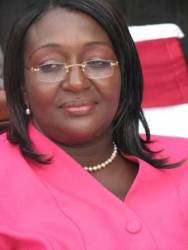 The Patriotic Vanguard, a Sierra Leone news portal, tells about the nation’s First Lady, Sia Koroma (right), and her interest in upgrading the Mattru Hospital.
The Patriotic Vanguard, a Sierra Leone news portal, tells about the nation’s First Lady, Sia Koroma (right), and her interest in upgrading the Mattru Hospital.
